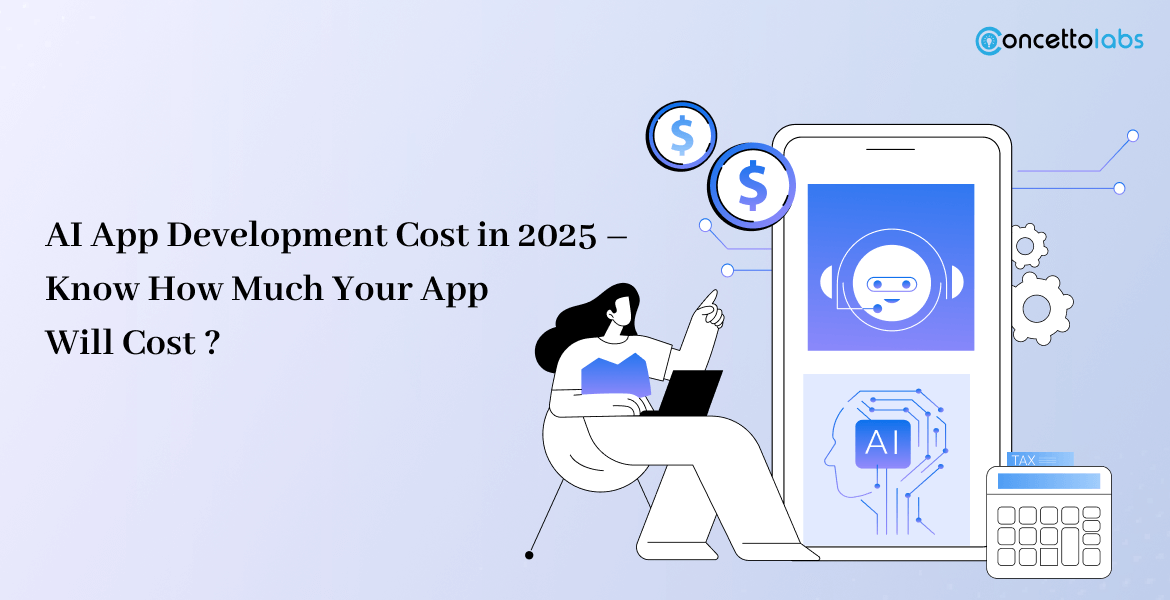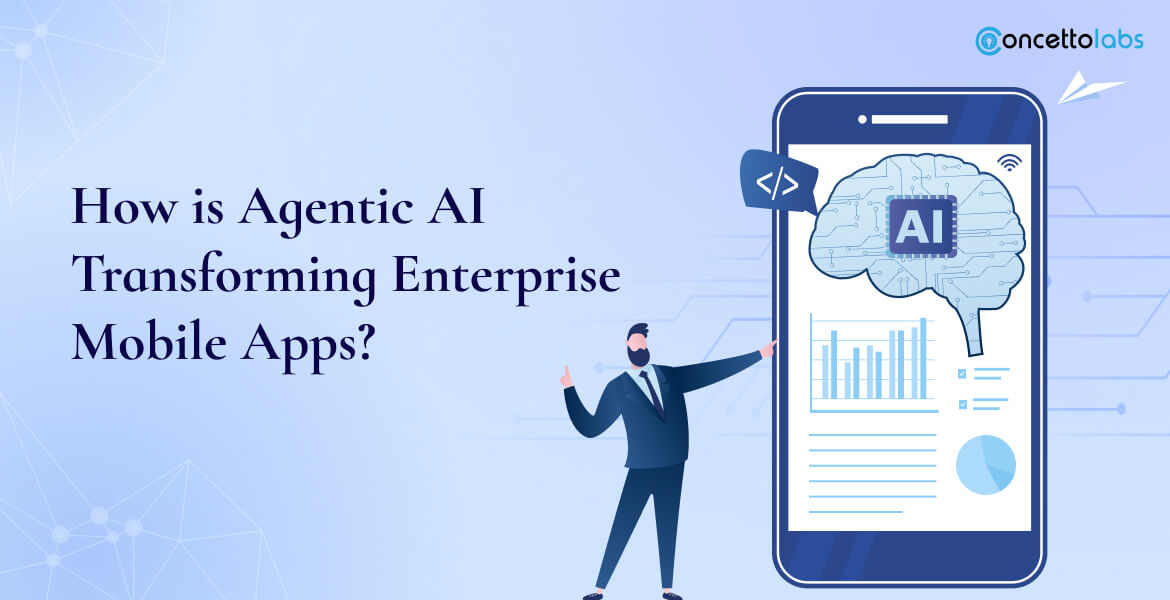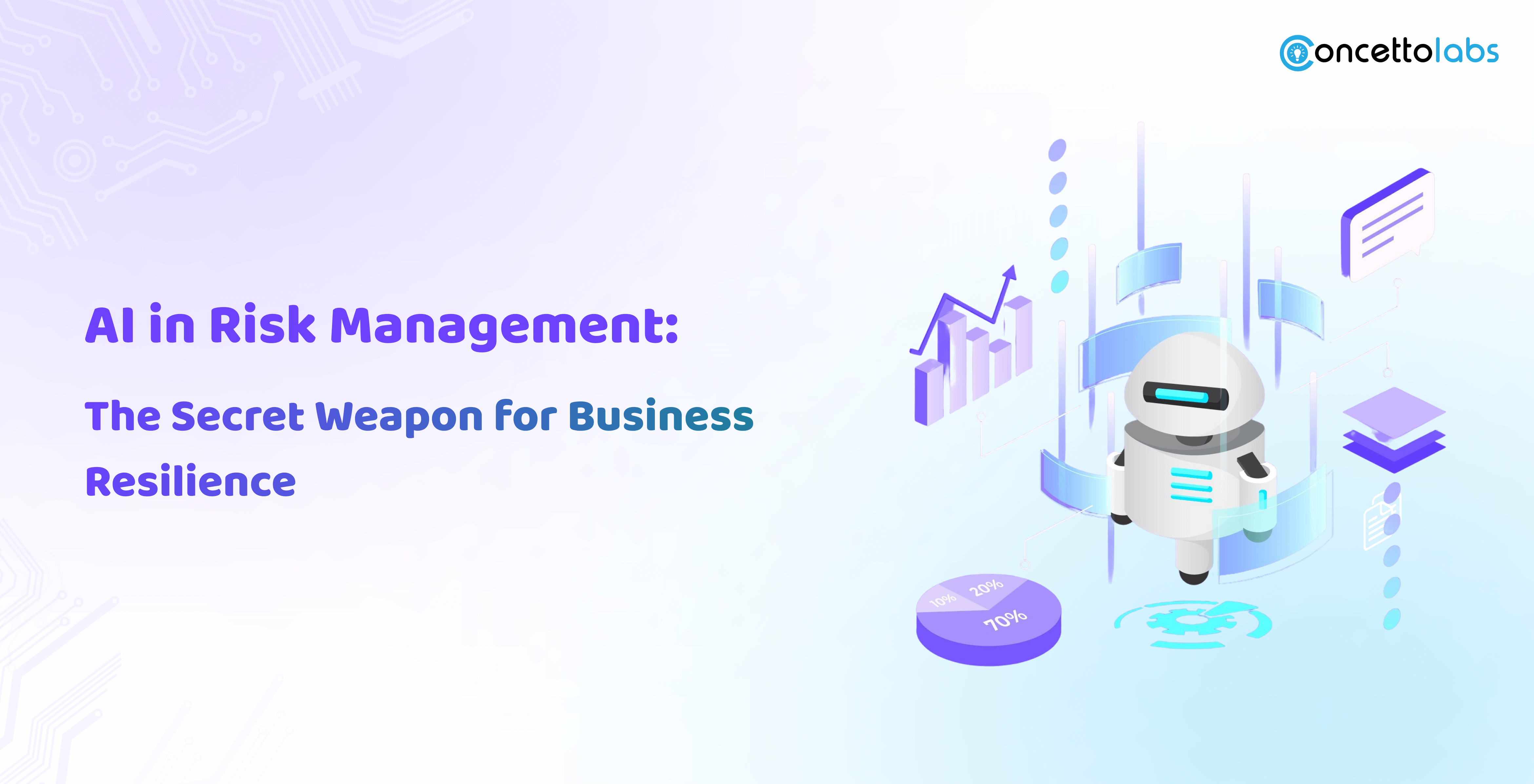
Summary: The blog explores how AI app development is transforming the sports industry by enhancing performance analysis, transforming fan engagement, and improving the decision-making process. It also explains advancements in predictive analytics, personalized fan experiences, and the role of AI in injury prevention, etc.
Artificial Intelligence technology has evolved over a few years, and it is clear that it is benefitting various areas. In this case, Artificial Intelligence has played an important role in the sports sector. It has helped transform the sector from traditional to modern practices.
According to World Metrics, AI generates approximately $2 trillion by 2025 to the economy in the Sports industry.
The importance of Artificial Intelligence is growing due to its capacity to provide comprehensive insights into how players perform, rival analysis, avoiding injuries, and strategic decision-making. The use of AI in sports is revolutionizing how teams and organizations work, delivering a competitive advantage through advanced data analytics and metrics.
The worldwide sports market grew by 5.2%, from $480.12 billion in 2023 to $506.93 billion in 2024.
These market predictions show increased acceptance and usage of AI technologies in sports. As the sector adopts a more data-centric approach, AI’s role becomes increasingly important, opening the way for innovative and efficient sports management and strategy. The expected market values reflect AI’s growing influence and revolutionary impact in the sports business.
In this blog, we will look at ways in which it is transforming the sports industry and increasing the fan experience.
What is the Role of AI in the Sports Industry?

AI and sports have come together to improve the game experience both on and off the field! While smartwatches and fitness applications speed up real-time tracking of players’ health and schedules, chatbot integration in social media boosts fan interaction. Furthermore, computer vision and big data are being used to predict team performance as well as individual player performance.
Sports artificial intelligence is emerging as a powerhouse in efficiency, decision-making, athlete performance, and even sports writing. Tracking, predictive analysis, and computer vision help coaches determine the best preparation plan for a player. On the other hand, media companies are using AI in sports to improve coverage capabilities and, ultimately, income.
These methods prevent injuries by utilizing AI to check damage in specific parts of a player’s body. Apart from performance, artificial intelligence in sports is generating unprecedented levels of audience involvement. With chatbots and AR/VR in the mix, it’s now possible for fans to accomplish everything sports-related without needing to be in a stadium or sacrificing the stadium experience!
What Are The Use Cases of AI in the Sports Business?

From fundamental platforms to the next generation of chatbots, the term “artificial intelligence” refers to a wide range of “smart” technologies that can collect data from various sources, analyze it to identify patterns and trends, and make predictions, as well as perform fully autonomous tasks such as interact with supporters or use targeted advertising messages. AI can also be utilized to develop virtual reality settings for teaching and fan engagement. These technologies include a variety of sensors, wearables, computer vision-powered cameras, machine learning (ML), and deep learning (DL) systems.
The following are some key AI in sports cases that will provide you with a thorough understanding of how AI is applied in sports:
1. Refereeing
AI has been present in the industry for several years, particularly in technologies like the Video Assistant Referee (VAR), the Hawk-eye-calling system used in tennis, and the Goals-line technology that validates whether the complete ball has crossed the line to validate or cancel a goal. These innovations are constantly evolving to allow for improved effectiveness and accurate making choices in sports officiating.
2. Player Performance Analysis
Predictive analytics enable AI in sports to improve performance and health. Wearable technology can assist athletes collect data regarding strain and tear levels, allowing them to avoid major injuries. This also aids the team in developing great tactics and methods to maximize their strength.
AI app development is also utilized to evaluate players’ performance. Even coaches can acquire insights from graphics and statistics to work on their players’ strengths and shortcomings and make changes to their game strategy.
Artificial intelligence can be used in a variety of sports, including football and tennis. Computer vision is a sophisticated AI tool that detects and tracks human motion using video sequences. This produces three results:
- Motion tracking and detection.
- Color tracking
- Color and template combination tracking.
One common application of AI in the sports business is determining a swimmer’s performance below water filters using human pose estimates. This method replaces the traditional quantitative evaluation method by manually annotating the swimmer’s body.
3. Training and Development
Smart wearables, artificial intelligence, and virtual reality technologies have transformed sports teams’ training procedures. Coaches are using real-time monitoring and identifying capabilities to evaluate each player’s fitness and develop training regimens based on it. Furthermore, several players have adopted AI to monitor performance using VR virtual reality. The National Football League, for example, uses this technology to evaluate game films and improve player performance.
4. Event Management and Monitoring Fan Experience
Effective sports event management involves drawing the most fans to the game while offering them the best experience possible. AI is now used to facilitate purchasing tickets, predict fan attendance to aid in organizing the event and resource management, improve in-stadium security through face recognition and movement monitoring, enhance audience experiences using real-time analytics and virtual replays, and also assist with post-event cleaning and maintenance.
5. Recruitment and Scouting
Sports teams are creating tournaments stiffer and more competitive by incorporating AI (Artificial intelligence) into their scouting and recruitment strategies. Everything that happens on the pitch, from the player’s motions to the orientation of their body, is monitored to make the correct judgment.
Furthermore, machine learning algorithms are used to collect data and assess players’ skills and general potential across a variety of game categories.
This method not only improves recruitment choices but also provides countries with a strong and healthy crew to accomplish the impossible.
our Robust AI Data-Driven Solutions Now!
Hire Us!6. Injury Avoidance and Rehabilitation
In sports, injuries occur, as do time, effort, and financial losses. Teams have begun to use artificial intelligence in sports to monitor athlete wellness. Artificial intelligence systems assist them in tracking fatigue, sleep patterns, food, and other things that influence a player’s performance. The Seattle Seahawks use Microsoft software to strategize throughout games to predict and prevent injuries. They collect and analyze enormous amounts of data from multiple sources, including fitness questionnaires and monitors, to help coaches identify the impact of exercises on each player and improve game preparation.
7. Ticketing
At major athletic events, the audience frequently struggles to enter stadiums in time for the game. Nothing could tackle the crowd problem until AI solutions for sports appeared.
For example, sports organizations are now utilizing AI-based face recognition technology, allowing supporters to get into the stadium without having to verify their tickets. This eliminates congestion while rendering the stadium entrance more efficient.
Aside from that, prediction and cognitive analytics are employed to forecast the stadium’s attendance and timing schedule. This allows officials to keep up with the need with minimal effort. Furthermore, the items and food preparations arrive on schedule.
8. Personalized Training Programs
AI in sports has evolved into a powerful training tool. It employs machine learning to create personalized nutrition and exercise routines for each player based on their specific needs. One simple example is fitness applications, which ask a few questions and then offer you with a complete plan. The same is true for training programs, where technology aids in the creation of exercise regimens and routine training by recognizing requirements.
9. Real-Time Decision-Making Support
Coaches are also using artificial intelligence in sports to make real-time decisions. It is now simpler than ever to track a player’s performance during a game and make judgments quickly. Coaches can now alter their methods in real-time based on the scenario by tracking the opponent’s moves.
10. Social Media and Community Development
Communicating on social media is increasingly important for developing ties with fans. Sports teams are interacting with fans on a more personal level through AI-enabled chatbots, instilling excitement for the games. Sports teams are increasing their online visibility by curating relevant material for social media sites such as Instagram, Facebook, and Reddit. These sites are now the go-to places for fans to catch up on livestream clips from matches and other major events.
11. Smart Clothing and Equipment
Wearable equipment is no longer a novelty in sports. It arrived and forced everyone to react quickly. Sports teams can use artificial intelligence-powered wearables to collect information on a player’s fitness status and identify if there is any stress or exhaustion in any part of the body. This allows the squad to arrange the game accordingly, reassess their tactics, and maximize their performance.
12. Fan Engagement and Consumer Services
The industry is moving towards AI-enabled chatbots for enhanced interaction. Fans can now ask the chatbot questions about a sport or a player. This promotes successful interaction between teams and supporters. Furthermore, it streamlines the process of reserving tickets, selling items, and doing other tasks, saving time. For instance, Manchester United uses a chatbot to provide live match updates, club or player statistics, and other important information to its followers.
13. Sports Journalism
Sports journalism is a major business that requires detailed coverage of every highlight, such as score data and statistics. Thanks to AI, sports journalism skills have become more streamlined.
AI-powered platforms, for example, can use natural language processing to translate score data into narratives. The platforms rely on automated insights that intelligently sync with computer vision to execute journal score hearing.
This is an intriguing perspective on AI sports, with local matches easily covered without officials on the field.
14. VR (Virtual Reality) & AR (Augmented Reality)
Virtual and augmented reality experiences are undoubtedly among the most popular AI applications in the sports business. These experiences have quickly grown popular with fans all over the world due to the immersive sensations they provide. AR and VR additionally allow spectators to enjoy virtual match experiences, but they also enable them to interact with teams. That was not conceivable before artificial intelligence!
15. Personalized Training Programs
AI app development in sports has evolved into a powerful training tool. It employs machine learning to create personalized nutrition and exercise routines for each player based on their specific needs. One simple example is fitness applications, which ask a few questions and then offer you with a complete plan. The same is true for training programs, where technology aids in the creation of exercise regimens and routine training by recognizing requirements.
Let us Collaborate to Create a Unique AI-Enabled App to Thrive Sports Business Growth!
Contact Us
What are the Challenges and Ethical Considerations While Applying AI in Sports?

AI in sports is transforming the potential of athletes, teams, and fan involvement to unprecedented levels. However, the achievement has not come without hurdles and some ideas that people must put into action. The very way in which AI is improving sports raises serious questions about data and ethics.
1. Data Privacy and Security
Data is the reason that AI in sports can employ deep and machine learning models. This data comes from a wide range of sources all around the world, raising the possibility of leakage and misuse. For example, a sports streaming service provider provides individualized services to millions of fans, and one day, a cyberattack targets their personal information. The worst part about this problem is that the data is available in vast amounts, or, to put it another way, in quantities that are beyond the earth.
2. Fair and Partial
The way sports commentators discuss players of different races highlights the AI bias problem. Objective norms cannot evaluate fair play in sports. Commentators have been overly biased, which has had a negative impact on the fairness scale in sports. While it may sound like an age-old story, bias remains ubiquitous. Machines can perform human tasks, but they still rely heavily on human input. If the data does not reflect athlete diversity, AI systems may reinforce existing prejudices in training.
3. Responsible & Accountability
AI in sports is beneficial as long as there is accountability for its behavior. Coaches and specialists cannot rely solely on artificial intelligence-led assessments, as this may lead to a reduction in human thinking when judging an athlete’s potential. Furthermore, not all athletes will be open to AI-enabled coaching approaches. Instructors will still need to deliver more individualized input.
4. Governance & Regulations
Regulations and governance in sports artificial intelligence are important issues to consider. AI governance addresses a variety of challenges, including justice, accountability, and transparency in the application of AI in the sports business. However, AI governance presents its own set of issues, the most significant of which is a lack of awareness about AI within businesses. Furthermore, governance in AI for sports will be most effective when applied from algorithm development to deployment. It also necessitates frameworks that include explainability aspects to achieve fair results.
What are the Future Trends of AI in Sports?
Sports encourage teamwork, provide entertainment, and, of course, generate revenue. Now that artificial intelligence in sports has become a valuable asset, all eyes are on its future.
- According to the global artificial intelligence market, it is expected to reach $19.2 billion by 2030.
- AI and sports have led us to a future in which robots report games and redefine media presence.
- The usage of AI enables media outlets to cover stories without having to walk to the area with cameras on physically.
- By applying AI to convey every minute on the field, content circulation will soar, increasing fan engagement.
- The data-driven sharing of information is designed to allow the individual and the entire team to predict the opponent’s action, hence improving strategy development. AR and VR are experiencing phenomenal growth.
The global VR industry for sports and entertainment is expected to reach $56.7 billion by 2031. Sports channels such as ESPN NFL and NBA clubs are all exploring the possibilities of AR/VR to increase fan engagement and set a strong example for artificial intelligence sports.
How Concetto Labs Can Help You Achieve the Best in Sports Business?
Concetto Labs is a known AI services company that creates innovative generative AI solutions for the sports sector, assisting businesses to expedite activities, overcome difficulties, and enrich user interactions.
Our skilled team simplifies the sports app development process by guiding you from ideation to execution. As a specialist IT consulting firm, we ensure your app’s success by creating user-friendly solutions tailored to the dynamic sports landscape. We can help you with interactive features, real-time updates, and a smooth user experience.







 Indonesia
Indonesia
 Botswana
Botswana
 USA
USA
 Italy
Italy
 Panama
Panama




 USA
USA UK
UK Saudi Arabia
Saudi Arabia Norway
Norway India
India Australia
Australia